Medicine details
| Image |  |
| Name | Rizamig |
| Dosage | Tablet |
| Generic Name | Rizatriptan |
| Classes |
Analgesic / Pain Killer Central Nervous System Agent Antimigraine Agent |
| Diseases |
CNS Disorder Migraine |
| Company | Healthcare Pharmaceuticals Ltd. |
Drug Package Details
| Strength | 5 mg |
| Storage Condition | |
| Origin Country | Bangladesh |
| Commercial Pack | 10 |
| Price per pack | ৳ 355.00 |
| Cost per pack | ৳ 312.40 |
| Package unit | 10 tabs strip |
| Price per unit | ৳ 35.50 |
| Cost per unit | ৳ 31.24 |
| Discount | 0 |
| Coupon | |
| Remarks |
Rizatriptan
Rizatriptan is a 5-HT1B/1D receptor agonist used to treat migraine. Rizatriptan's therapeutic activity in migraine is most likely due to agonist effects at 5-HT1B/1D receptors on extracerebral, intracranial blood vessels that dilate during a migraine attack, as well as nerve terminals in the trigeminal system. When these receptors are activated, cranial vessels constrict, neuropeptide release is inhibited, and transmission in trigeminal pain pathways is reduced.
Rizatriptan is indicated for the acute treatment of migraine with or without aura in adults.
- The usual dose of Rizatriptan is 5mg or 10 mg. Doses should be separated by at least 2 hours; no more than 30 mg should be taken in any 24-hour period.
- The safety of treating, on average, more than four headaches in a 30-day period has not been established.
- Patients receiving propranolol: In patients receiving propranolol, the 5-mg dose of Rizatriptan should be used, up to a maximum of 3 doses in any 24-hour period.
The most common side effects associated with rizatriptan are-
- Nausea
- Asthenia
- Sleepiness/ drowsiness/ somnolence
- Tingling or burning feeling (paresthesia)
- Headache
- Dry mouth
- Rizatriptan should only be used where a clear diagnosis of migraine has been established.
- Rizatriptan should not be given to patients with documented ischemic or vasospastic coronary artery disease because this class of compounds (5-HT1B/1D agonists) has the potential to cause coronary vasospasm.
- As with other 5-HT1B/1D agonists, sensations of tightness, pain, pressure, and heaviness in the precordium, throat, neck, and jaw have been reported after treatment with Rizatriptan.
- Within a few hours of receiving Rizatriptan, serious adverse cardiac events, including acute myocardial infarction, have been reported.
- Cerebral hemorrhage, subarachnoid hemorrhage, stroke, and other cerebrovascular events have been reported in patients receiving other 5-HT1 agonists, with some resulting in death.
- Significant increases in systemic blood pressure, including hypertensive crisis, have been reported in patients with and without a history of hypertension treated with other 5-HT1 agonists on rare occasions.
- Triptans, including Rizatriptan, have been linked to the development of a potentially fatal serotonin syndrome.
Contraindication
- Rizatriptan is contraindicated in patients who are hypersensitive to Rizatriptan or any of its ingredients.
- Rizatriptan should not be administered within 24 hours of treatment with another 5-HT1 agonist, or an ergotamine-containing or ergot-type medication like-
None known.
Rizatriptan should not be given to patients with-
- ischemic heart disease (angina pectoris, history of myocardial infarction, or documented silent ischemia), or to patients who have symptoms or findings consistent with ischemic heart disease, coronary artery vasospasm, including Prinzmetal's variant angina, or other significant underlying cardiovascular disease.
- uncontrolled hypertension.
- hemiplegic or basilar migraine.
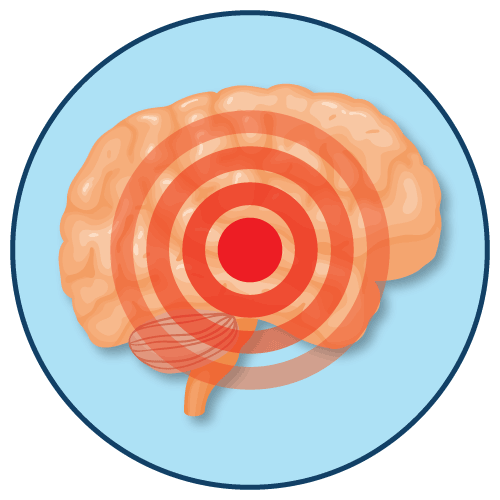

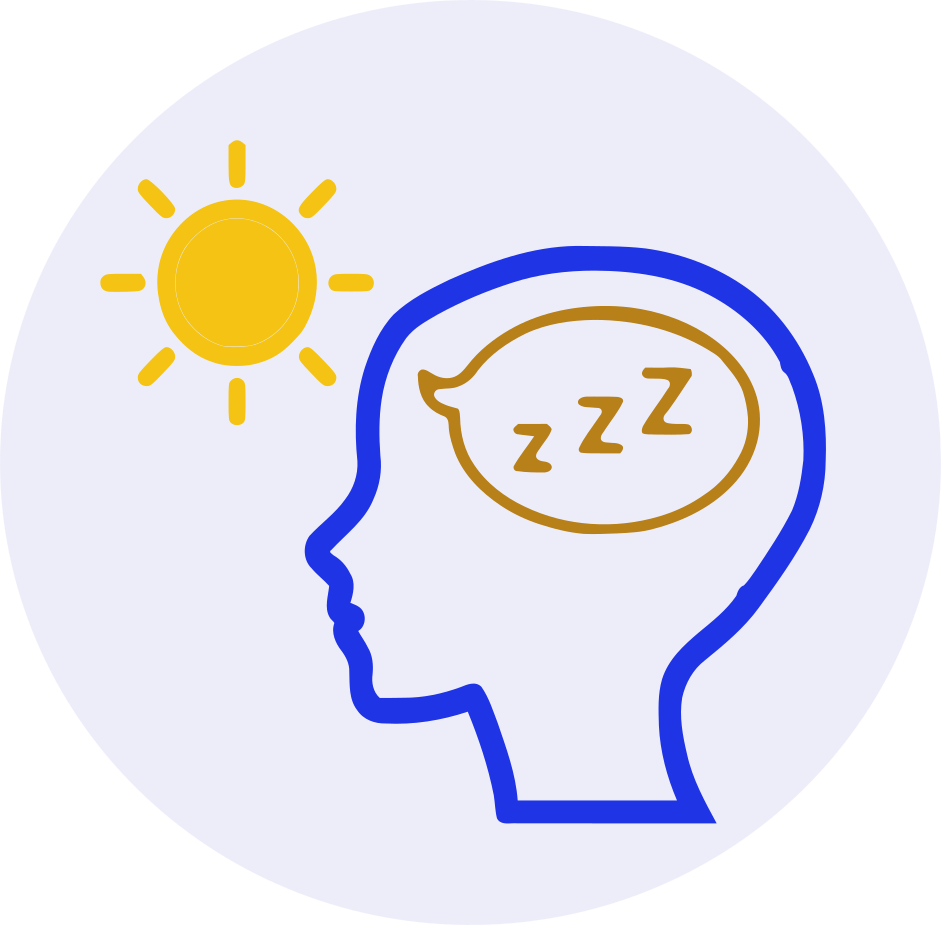
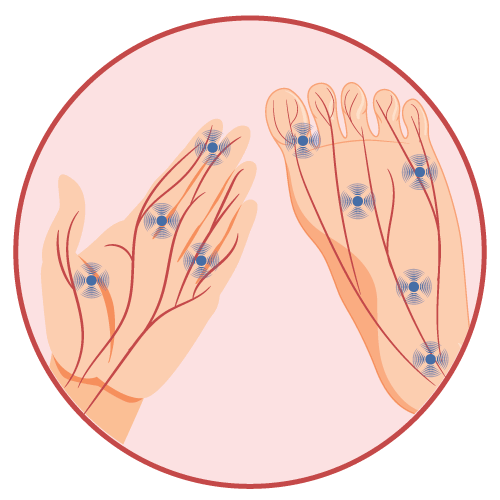

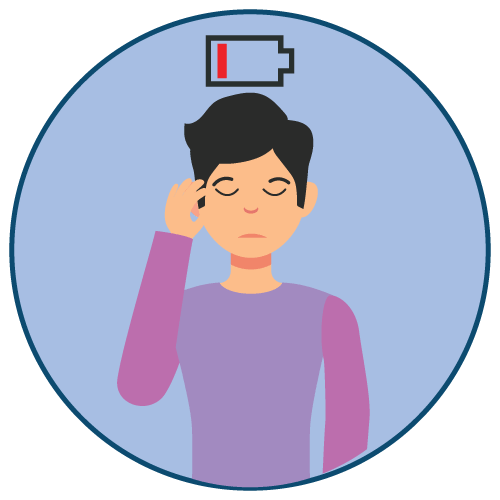


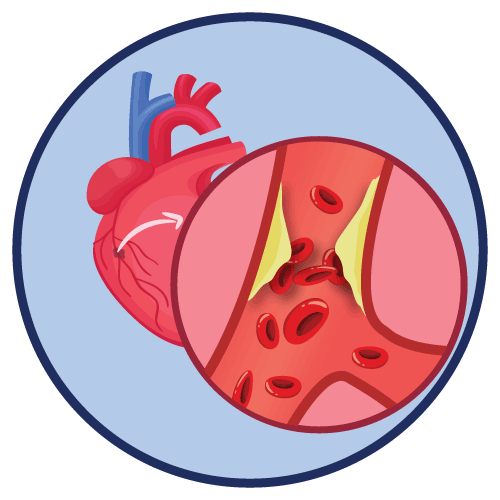
 Bangla
Bangla English
English